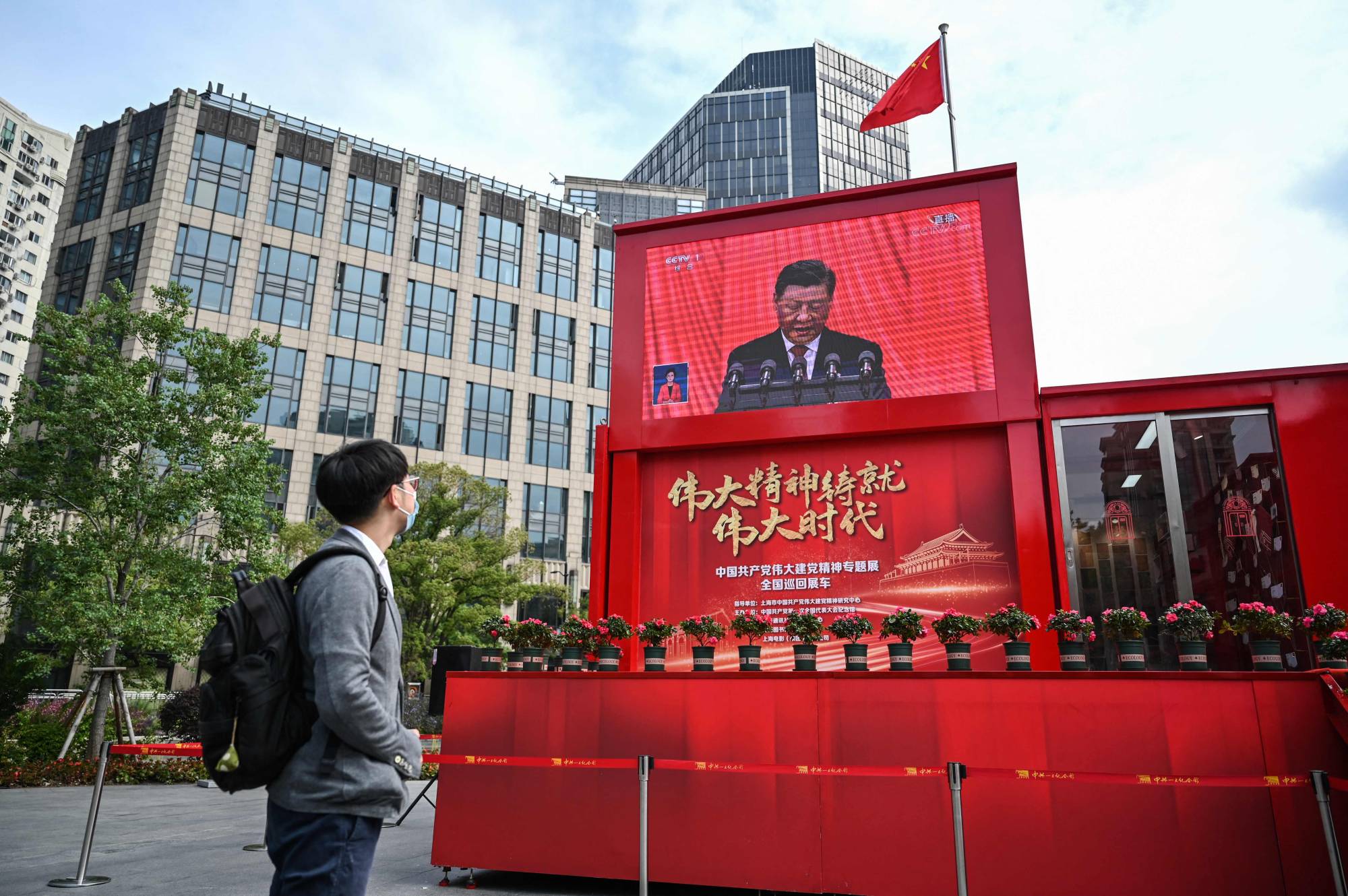Xi Jinping announced at the Chinese Communist Party’s 20th National Congress that China would “deepen reform and opening persistently.”
In March, Premier Li Keqiang told reporters, “Economic opening will not change, just like the Yangtze and Yellow Rivers will not backflow.” Despite the constant question over whether the era of economic reform has come to an end, in the mind of Chinese leaders, the commitment to economic reform will never change; instead, they are changing the focus of reform. The “primary contradiction” has switched from low productivity and economic backwardness to unbalanced development.
As Michael Pettis has summarized, the core of China’s economic imbalance is excessive investment, which forces up the saving rate and suppresses domestic consumption. In 2011, then-Premier Wen Jiabao claimed that Chinese economic development was “unbalanced, uncoordinated and unsustainable.” Ten years later, Xi Jinping identified the same problems, despite his various pledges to bring high-quality and sustainable growth to China. Numerous efforts to rebalance the Chinese economy, from deepening reform in 2013 to the deleveraging campaign to property tax, have failed to achieve their goals.



